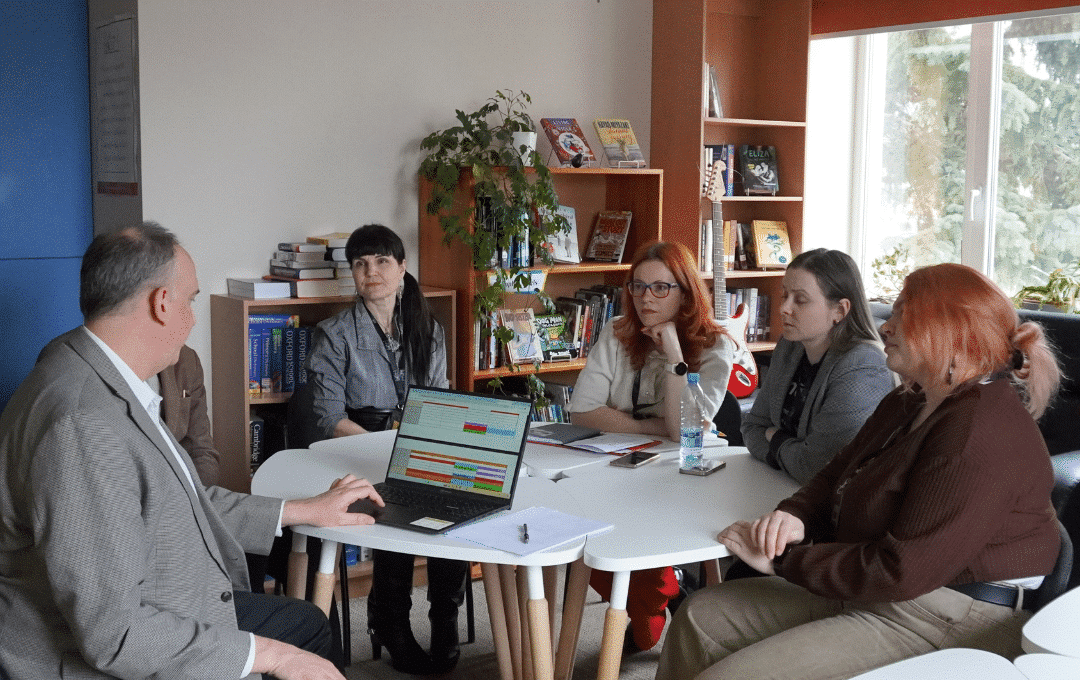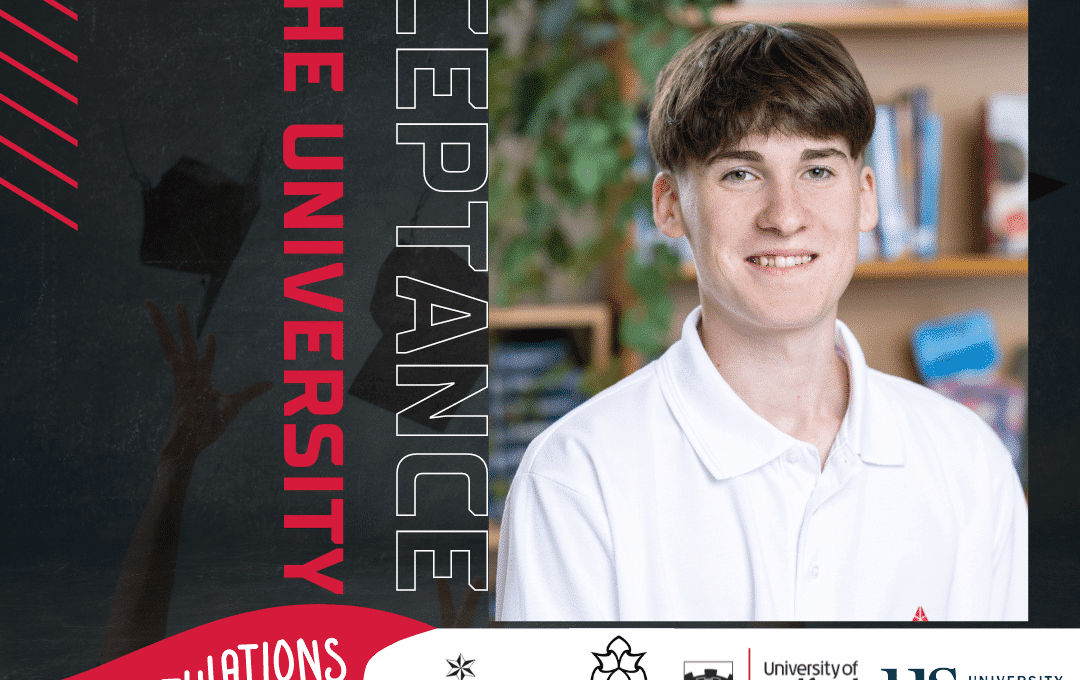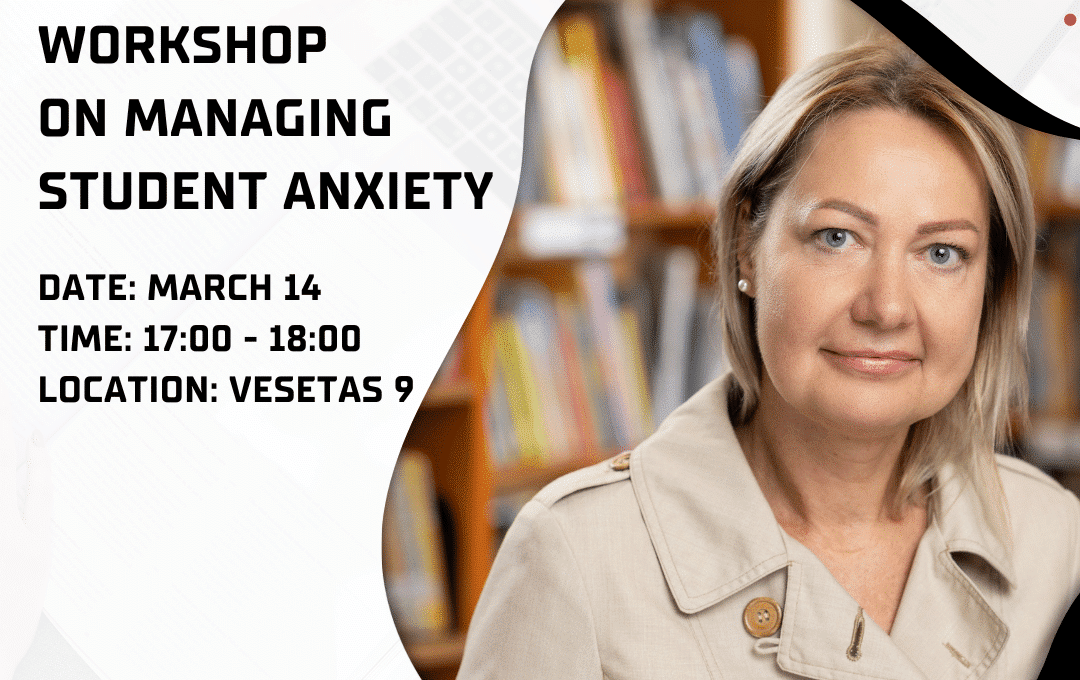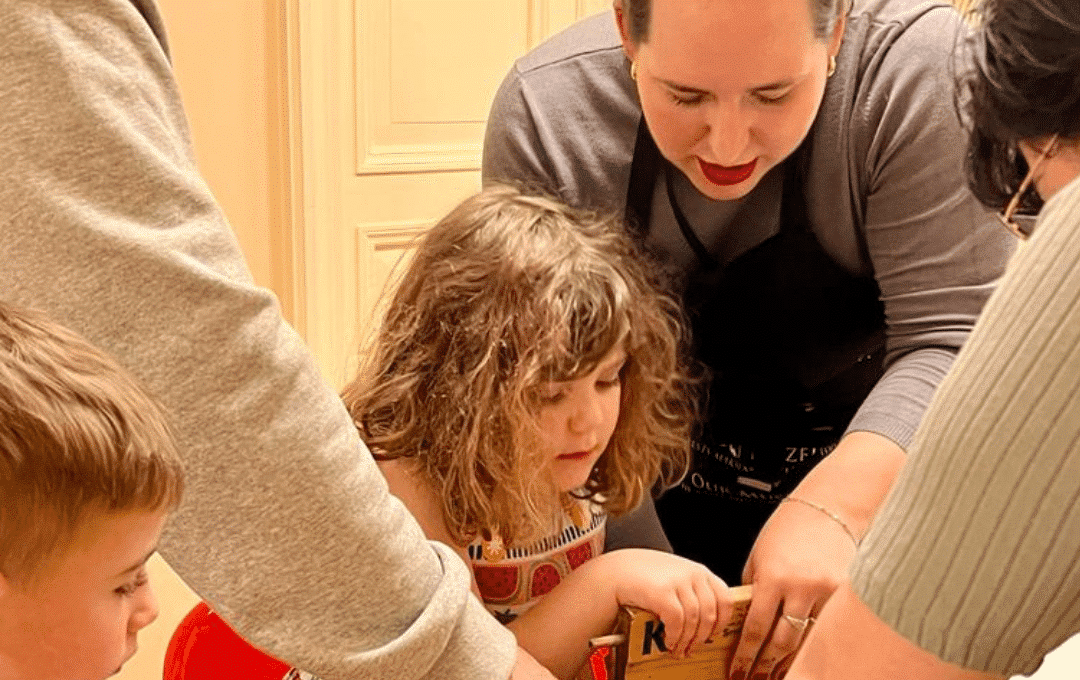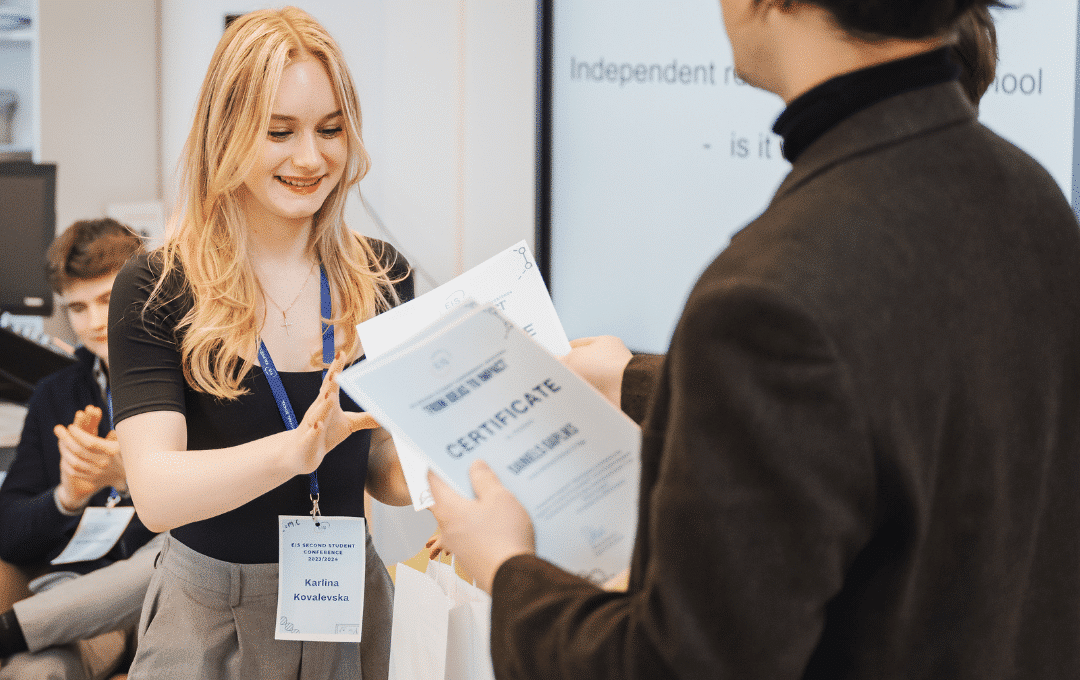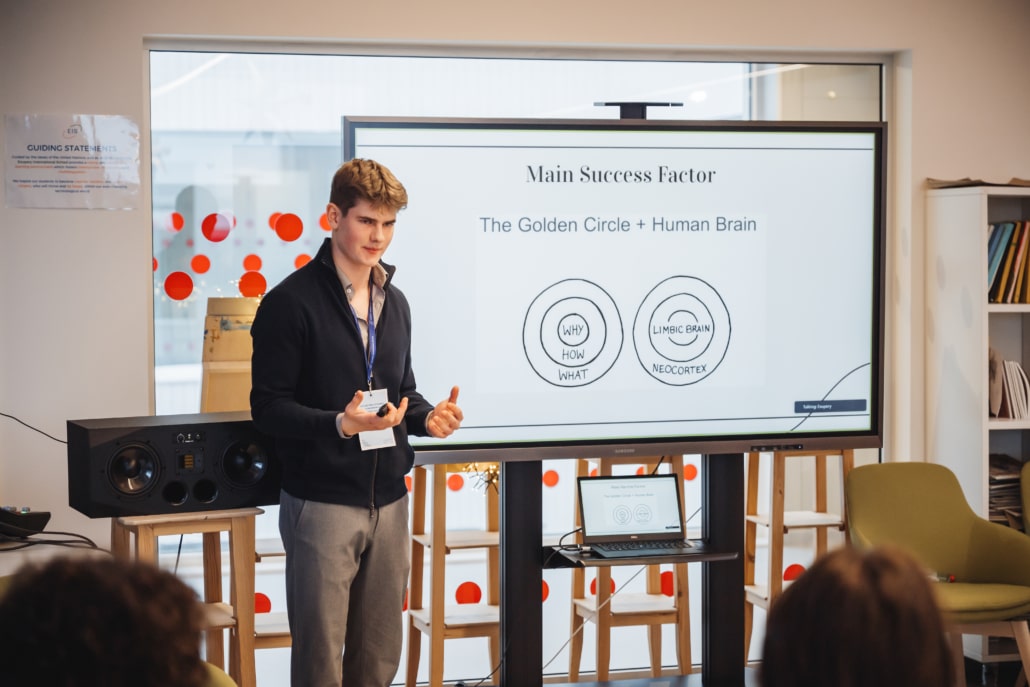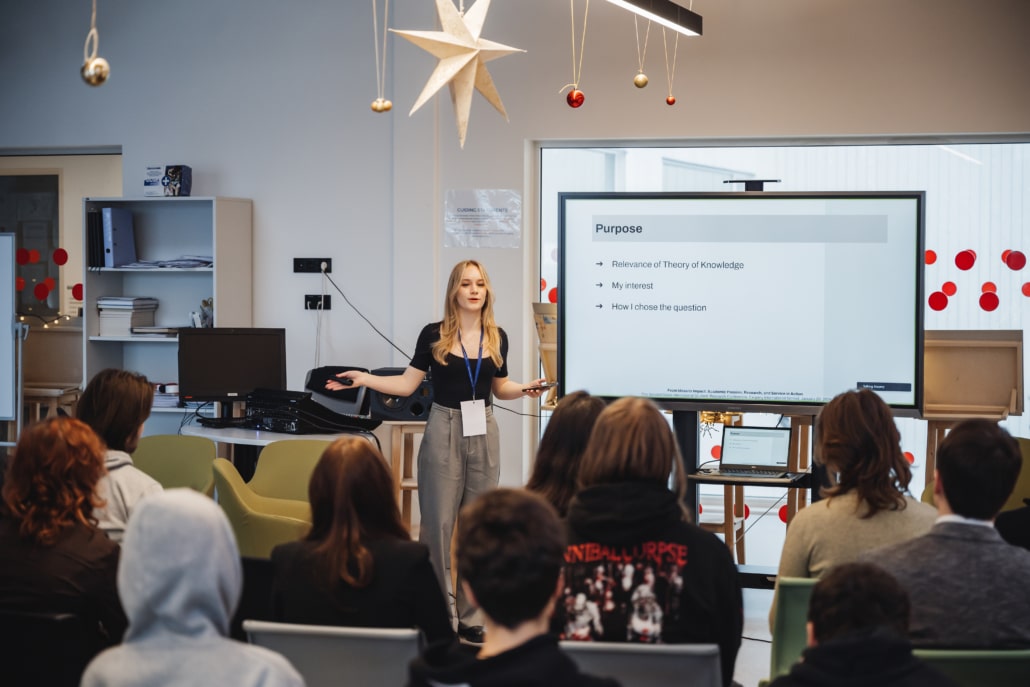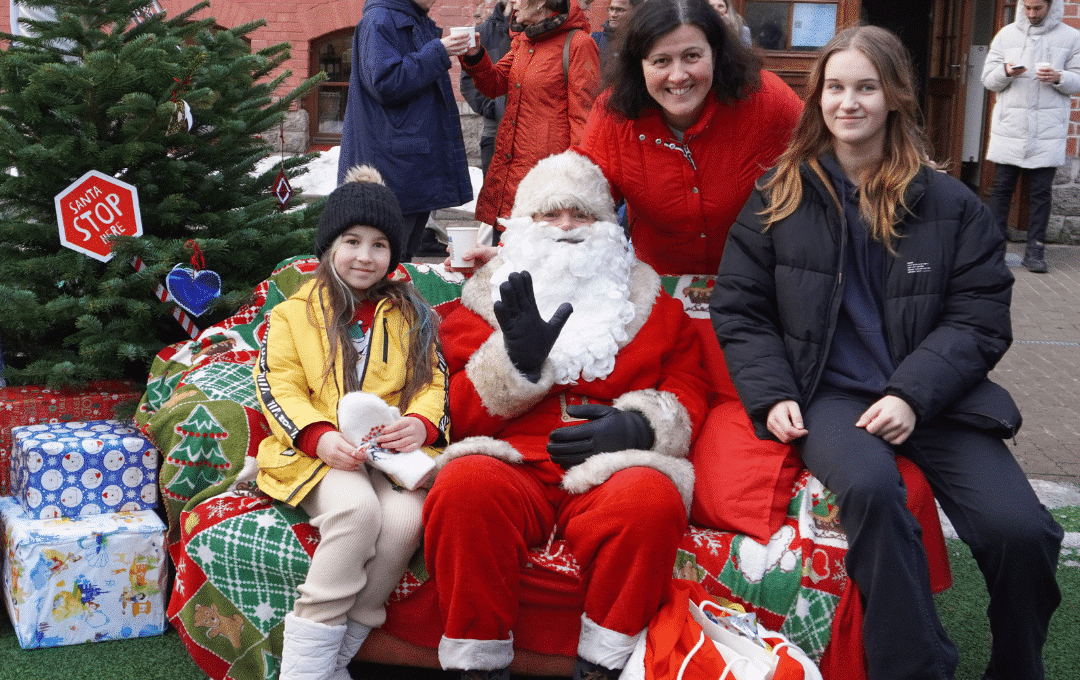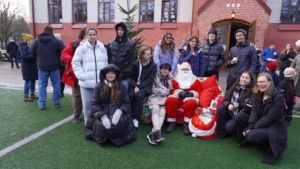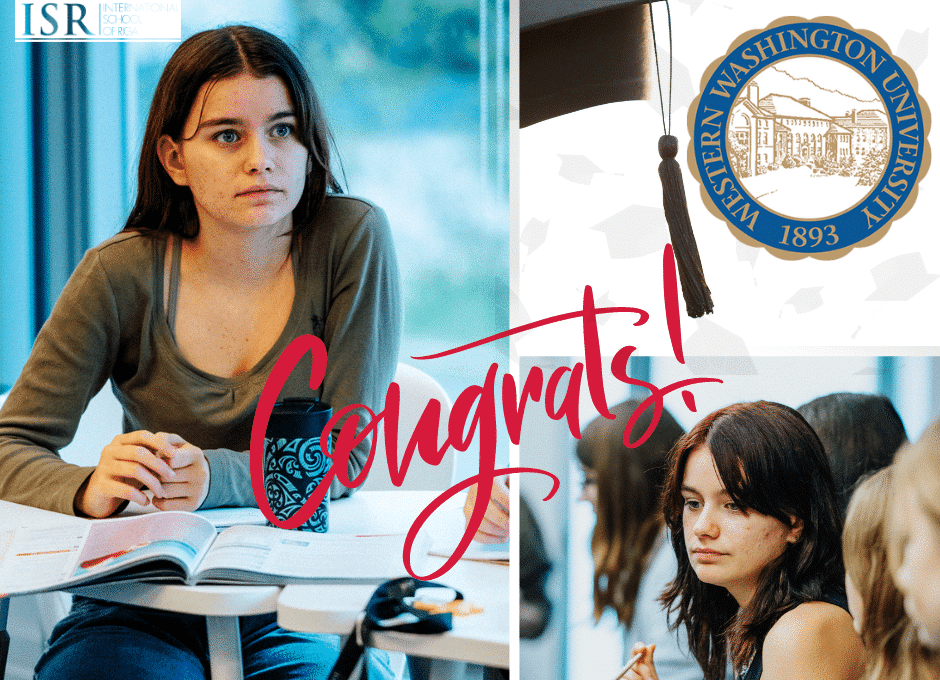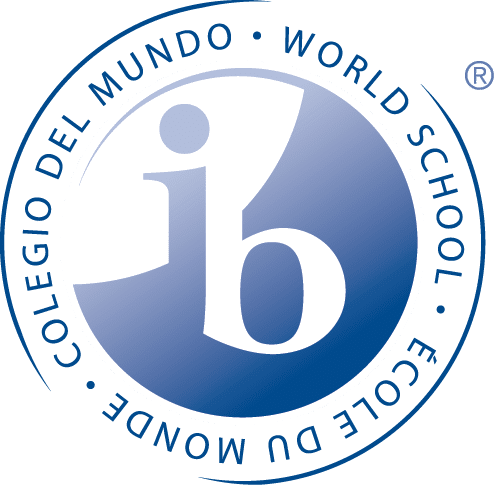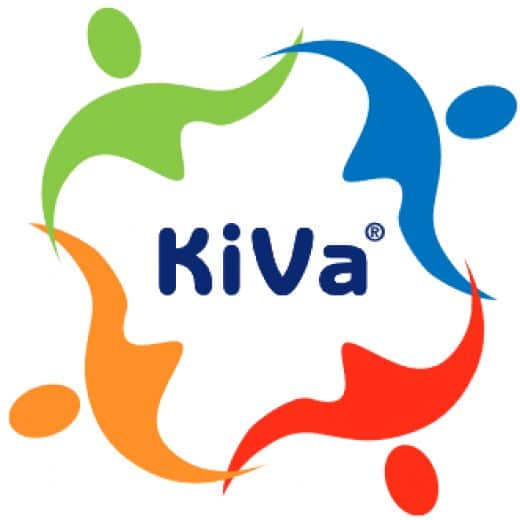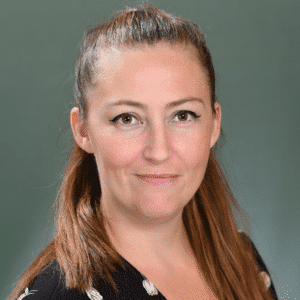In the bustling hallways of the International School of Riga (ISR), stories of success and ambition unfold every day. Today, we spotlight Maxim, a Grade 12 student whose academic journey has led to remarkable achievements – acceptances from four prestigious universities in the United Kingdom for Marketing Management. Maxim’s dedication, hard work, and passion for marketing have culminated in offers from the University of Brighton, Manchester Metropolitan University, University of Salford, and University of Sussex.
- Maxim, congratulations on your impressive university acceptances! How do you feel about this achievement?
Hello! Thank you very much. My friends and family members have also congratulated me on surpassing this fantastic milestone — I am delighted to receive acceptance letters from these prestigious UK Universities, and I look forward to the next steps of this exciting process!
- Can you share what inspired you to pursue a degree in Marketing Management?
From a very young age, I have enjoyed the concept of writing. At the age of five, before I thoroughly learned how to write, I began creating my own short stories and novels. This craft became the foundation of my future experiences and the selection of my preferred area of study.
Since the beginning of Grade 10, I have been involved in a number of valuable work experiences that helped me identify Marketing as my desired profession. I began my working career in the sphere of journalism — writing 600+ news articles for an online newspaper. Subsequently, I have transitioned into the field of content marketing and collaborated with various IT companies, FinTech businesses, and Start-Ups that further supported me in uncovering my passion for Marketing.
Currently, I am exploring the personal branding industry while working one-on-one with Founders, Consultants, and Chief Executive Officers (CEOs) and helping them to build impactful personal brands on LinkedIn. Feel free to connect with me on LinkedIn if you want to stay in touch or discuss a potential partnership!
Overall, the idea to pursue a degree in Marketing Management has been primarily inspired by practical, hands-on projects in which I have participated throughout the years of my High School career, as well as the interest that I developed towards that industry.
- With acceptances from four prestigious UK universities, how did you go about making your decision on where to apply?
In addition to the United Kingdom, I have also applied to two other countries — the United States and the Netherlands. In my eyes, these locations offer the optimum combination of features and opportunities that I could leverage and enjoy throughout my Undergraduate Studies and beyond.
It is worth mentioning that the offers from the UK Universities are conditional in terms of the IBDP requirements. Therefore, plenty of work still needs to be done as a part of the next steps of this journey — I look forward to finalising my IBDP-related coursework, preparing for my end-of-year exams, and completing the ultimate components of my University Applications!
- What role did ISR play in preparing you for the university application process and your future studies in Marketing Management?
The International School of Riga has played a pivotal role in my education and preparation for the University Application process.
I would like to use this opportunity to express my gratitude for all the teachers and staff members of ISR who have helped me with my learning ever since I joined this school in Grade 6.
In terms of the University Applications, I am extremely thankful to Ms. Lauren Fenato and Ms. Andrea Christen for providing me with outstanding Recommendation Letters, as well as to Ms. Duong Mai, our kind and attentive University Counsellor, who has assisted me at every step of this pathway.
- Throughout your time at ISR, what experiences or projects do you believe significantly contributed to your interest and success in marketing?
One of my most meaningful school-related projects and experiences has been the establishment of the ISR Telegram News Channel, which aims to connect students, parents, and faculty members by publishing daily news and announcements about the school.
I founded this channel at the start of Grade 10, and it has been active for 3+ years. The project emerged as a Mission & Service (M&S) group, later transforming into my CAS Project for the IBDP Curriculum.
The ISR Telegram News Channel enhanced my leadership and communication skills. It allowed me to experience a previously uncharted niche at ISR, as well as the process of developing and scaling this venture by means of content marketing and advertising within the school community. All members of the ISR Community are welcome to join the channel via this invite link.
- The application process can be quite daunting. Can you share any challenges you faced and how you overcame them?
The University Application process encompasses multiple steps and can become quite time-consuming. A challenge I faced was maintaining a balance between tasks associated with the University Applications, as well as other school-related commitments and IBDP projects. Jotting down all of your deadlines and putting them on a calendar view (e.g., I use Notion) was beneficial to see the bigger picture and streamline my time management system.
- Do you have any specific goals or aspirations you hope to achieve during your time at university?
My major goals and aspirations during my time at University include diving deeper into my chosen program, meeting new people, developing new connections, and simply enjoying every moment of this wonderful adventure!
- Marketing is a field that’s constantly evolving. Are there any particular trends or areas within marketing that you’re excited to explore more deeply?
At the moment, my work experiences and ongoing projects have led me to specialise in digital and content marketing directions of this field. On the side, I am actively learning about affiliate marketing, social media marketing, and community management, among other areas.
As you have correctly pointed out, marketing is a field that is constantly evolving. I find this concept as one of the most fascinating aspects of this industry because there is always room for learning, growth and improvement!
- Looking back at your journey, what advice would you give to fellow ISR students considering their future university studies and career paths?
The main advice I would like to share with fellow ISR students contains some timeless strategies — pursue an area of study that you genuinely enjoy and start the University Application process early.
From personal experience — research, essay writing, and profile management go smoother when you have a comfortable time margin before your next deadline. I wish all ISR students the best of luck with their future University Applications!
- Finally, as you look forward to starting your university life, what are you most excited about, and how do you plan to make the most of this new chapter?
I am incredibly excited about this new chapter and everything that University life has to offer. There are multiple components that I look forward to exploring, such as joining new communities, adapting to a different learning environment, and gaining insightful knowledge about my chosen area of study. Thank you very much for inviting me to participate in this interview. I really appreciate this wonderful opportunity. Have a nice day!


